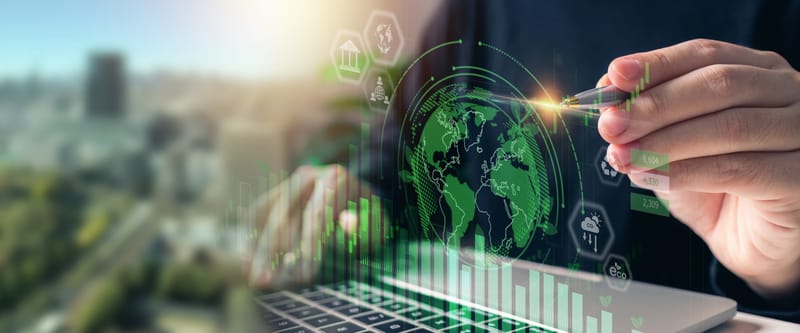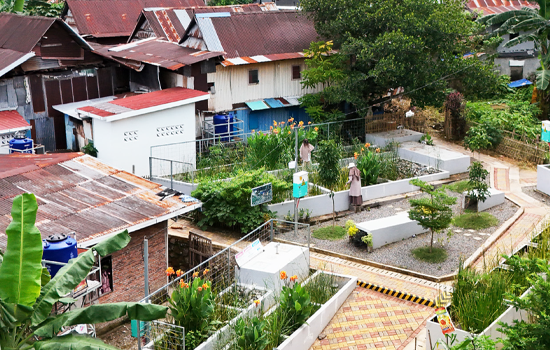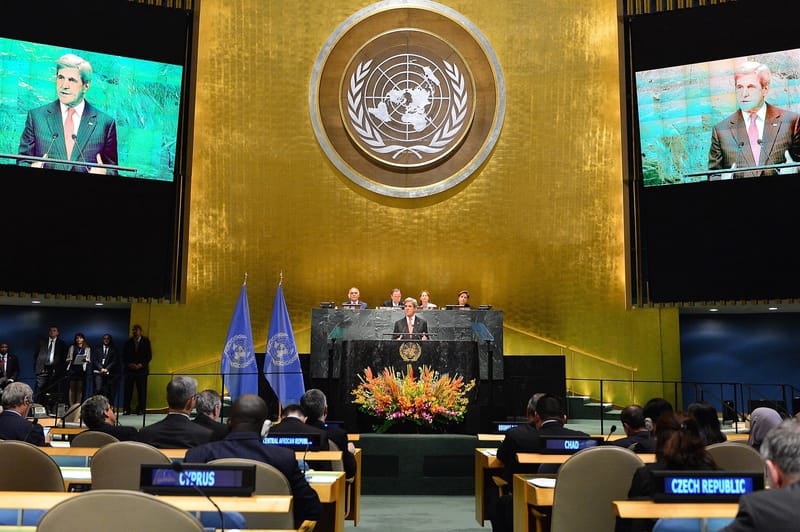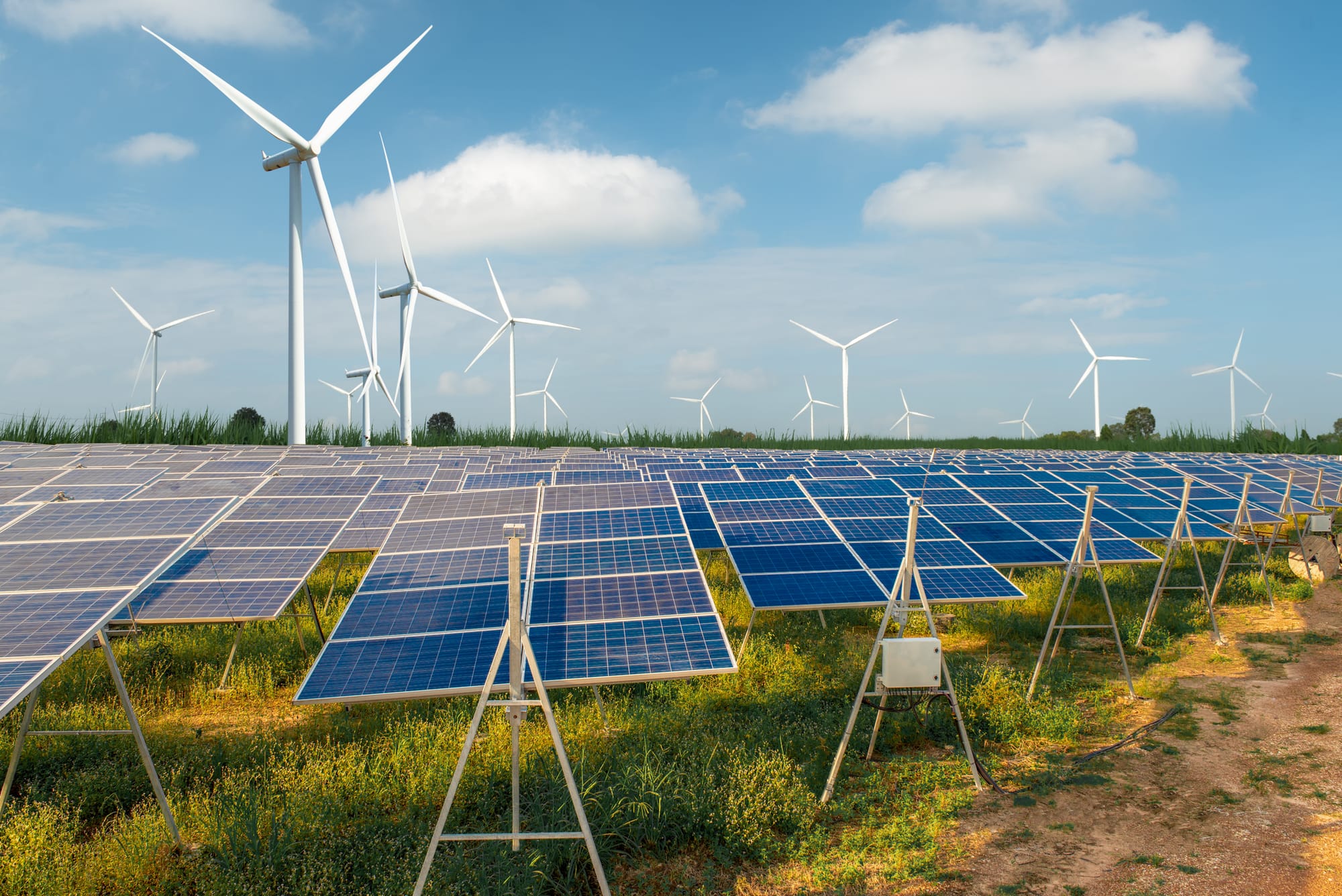
The session on sustainable development at the 2018 Monash Global Leaders’ Summit kicked off with a question: how many people think about sustainability when they’re devising strategy, thinking about threats or looking for opportunities?
Every Global Leader, Monash alumni living and working around the world, raised their hand.
Blanket engagement with sustainable development comes as no surprise. Considered the biggest challenge of our age, sustainable development impacts government, business and civil society, and raises complex questions.
How are we going to meet the demands of a population of 10 billion people, producing more food and resources while reducing carbon emissions, climate change and damage to the environment? How can we keep growing economically in a way that’s socially fair and environmentally sustainable?
Until fairly recently, much of the talk about sustainable development has centred on minimising climate change. Since the publication of the United Nations Sustainable Development Goals in 2015, however, the conversation about – and the definition of – sustainable development has become broader.
Addressing climate change obviously remains a central goal, but other measures aimed at achieving a better and more sustainable world are also included in the mix. These new measures are related to poverty, inequality, environmental degradation, prosperity, peace and justice. The idea behind the program is to not just deal with the problems but to also tackle the causes of those problems.
2030 target
There are 17 Sustainable Development Goals (SDG) identified by the UN and adopted by all member countries. The plan is to achieve these goals by 2030. At the GLS it was explained how Monash University is helping to shape and implement the goals locally, nationally and globally.
Monash has already been identified by the UN as a leader in the field. As a way of boosting the reach and adoption of the SDGs, the UN established the Sustainable Development Solutions Network to specifically target universities as partners, because the wider community perceives them as credible, independent and trustworthy institutions. Monash was chosen by the UN as the centre of the network for Australia, New Zealand and the Pacific.
Professor John Thwaites, Chair of the Monash Sustainable Development Institute (MSDI) and of ClimateWorks Australia, explained to the Global Leaders that Monash was chosen to lead the initiative because of its proven commitment to sustainability.
MSDI has developed clean water initiatives aimed at delivering safe sanitation and water to informal settlements in Indonesia and Fiji using green technology. Another MDSI initiative, BehaviourWorks, uses insights into human behaviour and psychology to solve challenges such as boosting patient safety in hospitals or increasing vaccination rates.
Then there are initiatives such as the World Mosquito Program, which is moving towards ridding the world of mosquito-borne diseases including dengue and Zika virus.
“The future workforce is going to be the real mobilising force for change, and sustainable development will have to be a part of every organisation for it to succeed.”
Monash is also making a substantial investment in renewable energy and a smart grid in order to meet its commitment to becoming a net-zero-emissions campus by 2030.
“Monash is already meeting many of the 17 goals laid out by the UN,” said Professor Thwaites. “Our faculties are meeting the goals in terms of good health, quality education, gender equality, responsible consumption, sustainable cities and peace and justice. And we have nearly 2900 researchers working on projects that advance the SDGs.”
Professor Rod Glover, Deputy Director of MSDI, presented details from a recently released report on how Australia as a whole is doing in terms of the SDG. The results were a mixed bag.
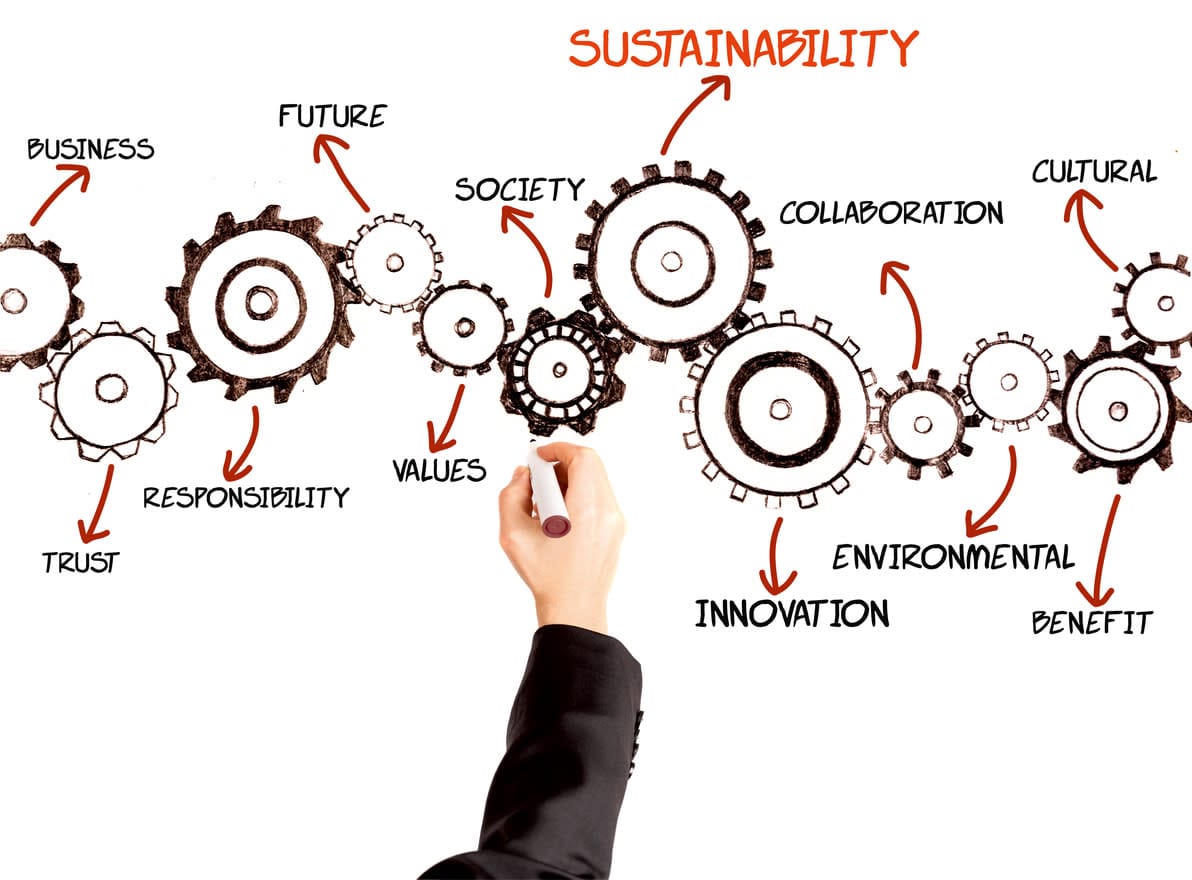
“The top-line story is we’re doing really well in terms of health and education, and pretty well in terms of prosperity,” he said. “But in the top 10 countries, excluding the US, Australia has the highest income inequality and, more broadly when you look at the environmental indicators, it shows that we have struggled to reconcile economic prosperity with the need to responsibly manage the environment for future generations.”
Business and institutions vital
When asked about how they would meet the challenges of meeting the SDGs and how Monash could help them achieve this, the Global Leaders’ responses leaned towards a consensus: the complex problems of sustainable development need solutions from business and institutions, rather than relying on governments.
“We could argue that central governments are really struggling with these complex issues,” one group said. “There are a lot of green shoots of different types of informal communities and partnerships currently being mobilised in unexpected spaces. Whether that takes the form of businesses driving partnerships with the community, whether it’s NGOs, entrepreneurial communities or social movements, the centre of change is no longer in the middle with the government or at the top of a bureaucracy.
“We’re seeing many more players that have been real mobilisers of social change, and it stands out that it’s not governments who are really addressing and solving a number of these problems.”
Another group agreed, saying that there was a need for the de-politicisation of environmental issues.
“There’s a lack of acceptance now in the community as to political behaviour and its incapacity to solve the matter. We think that community, institutions, the corporate world and universities will step up to the plate and provide the transformation that the political parties are incapable of providing.”
Changing mindsets
There was also talk of how the SDGs program provides an excellent framework for changing mindsets.
“Wall Street has to accept that you can’t have increasing profits every single quarter, and we have to look at ways of changing that mindset. We can use the SDGs to address and focus on some of the most pressing problems that we have and look at those in terms of KPIs.
“Whether it’s an organisation or an individual, you can say, ‘I’m going to pick one of the goals that means something to me and use it as a lens for how my business operates in the world’.”
Professor Glover also pointed out that working towards the SDGs could become vital if businesses wish to stay sustainable, as a new generation with a distinctly different set of values moves into the workforce.
“The leaders in your workforce in 20 or 30 years’ time will have a very different value set in terms of their responsibility to the world than leaders do today,” he said. “As the role of intangible capital – people’s brains – becomes a much larger proportion of economic value, your ability to attract top talent will be your key differentiating, competitive advantage.
“The top talent will have a different, more inclusive, progressive, tolerant, more globally responsible value set. They care about more than money or working for one organisation.
“The future workforce is going to be the real mobilising force for change, and sustainable development will have to be a part of every organisation for it to succeed.”


